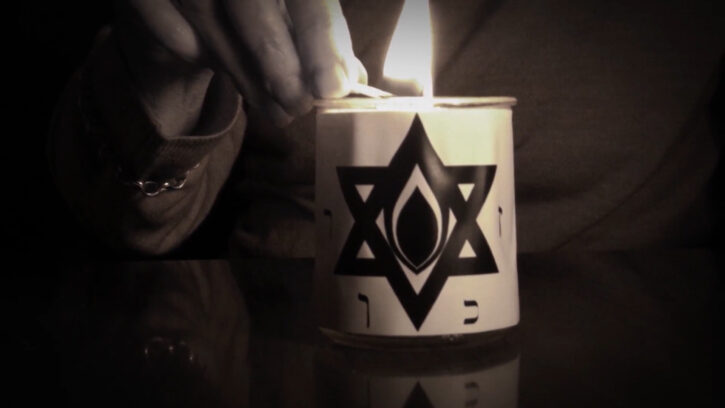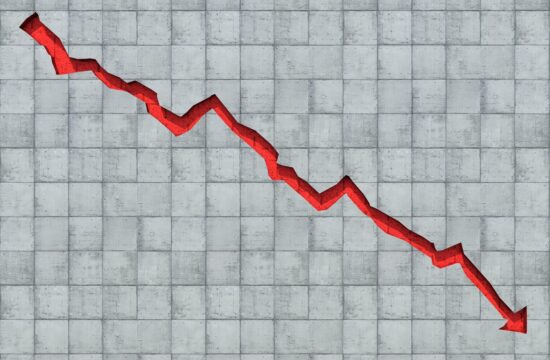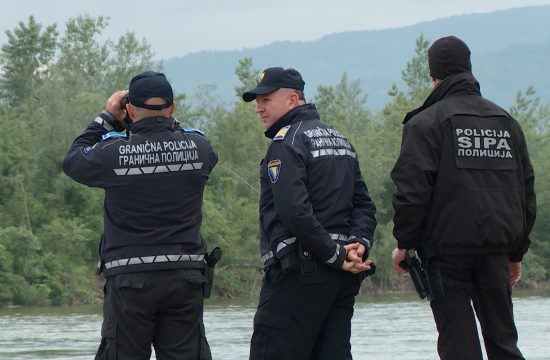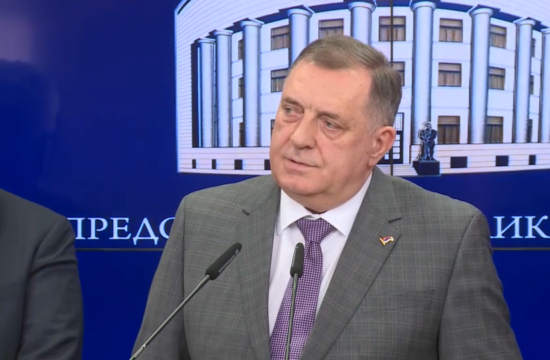
The Bosnian Jewish community marked the International Holocaust Remembrance Day. Those who survived the horrors of the WW II Holocaust still find it hard to understand how the biggest atrocities of the 20th century were committed against those who had different names and believed different things.
Erna Debevec, born as Erna Kaveson, ended up in a concentration camp on the Croatian Rab Island as an 8-year-old girl. She was with her sister and mother, while her father stayed in Sarajevo. He managed to survive. His own parents, brothers, sisters… did not.
Although she was a little girl, Erna remembers the horrors of the concentration camp and persecution.
“Was I afraid? It's been a long time ago, 70 plus years, I am 85 now. It was long ago but it was not possible that the fear the parents felt doesn't reflect on their children,” she said.
Erna had fled Sarajevo together with her mother and sister, first finding shelter in the southern city of Mostar. Later on, her father had jumped off the train carrying prisoners and joined them in that city. However, they could not stay there for long as the Ustasha regime took over the power.
Today, she is the only Holocaust survivor alive in her family. She keeps telling her story, which is both a lesson and a warning.
“The Holocaust in which one-third of the overall Jewish population was killed in the World War the Second – six million of them, is no doubt the biggest genocide in history. And although it was said ‘never again’ back in 1945, genocide happened again in Cambodia, Rwanda and, unfortunately, in Bosnia and Herzegovina,” said Jakob Finci, a representative of the Bosnian Jewish community.




